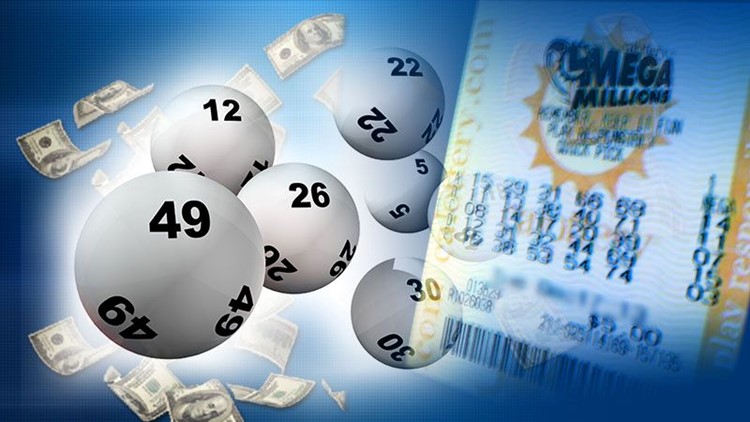In the realm of chance and fortune, few games capture the imagination quite like the Bandar Togel. It’s a game of dreams, where a simple ticket holds the potential to transform lives in an instant. But amidst the mathematical probabilities and statistical odds, there exists a fascinating undercurrent of superstitions and rituals that lottery players swear by. From lucky numbers to special charms, these beliefs add an extra layer of mystique to an already captivating game.
The Power of Numbers
For many lottery enthusiasts, numbers are more than just digits; they’re symbols imbued with personal significance and cosmic energy. Some players meticulously choose their numbers based on birthdays, anniversaries, or other memorable dates, believing that these connections will tip the scales of fate in their favor. Others rely on numerology, seeking patterns and hidden meanings within the numerical fabric of the universe.
Interestingly, certain numbers hold universal appeal across cultures and borders. The number seven, often associated with luck and spirituality, is a perennial favorite. Meanwhile, the number eight is esteemed in many Asian cultures for its resemblance to the word for prosperity. Conversely, some numbers are shunned due to cultural taboos or personal aversions, such as the number thirteen in Western superstition.
Rituals and Charms
Beyond number selection, lottery players frequently engage in rituals and acquire talismans to enhance their luck. From wearing lucky socks to reciting affirmations, these practices vary widely but share a common thread: the belief in exerting some degree of control over random chance.
One popular ritual involves purchasing tickets from specific locations deemed auspicious, such as stores that have previously sold winning tickets or establishments with names containing lucky words. Others meticulously follow routines leading up to ticket purchase, from avoiding certain foods to wearing lucky colors.
Talismans and charms also play a significant role in the lottery superstition repertoire. Some players carry lucky coins or trinkets, while others invest in more elaborate charms imbued with blessings or purported mystical properties. Whether it’s a rabbit’s foot, a four-leaf clover, or a religious artifact, these talismans serve as tangible reminders of hope and possibility.
Shared Beliefs, Community Bonds
What’s particularly intriguing about lottery superstitions is their ability to foster a sense of community among players. Whether swapping stories of near misses or exchanging tips on lucky rituals, lottery enthusiasts often find common ground in their shared beliefs and experiences.
Online forums and social media platforms have become hubs for players to congregate, sharing superstitions, strategies, and, of course, the occasional jackpot win. In these virtual spaces, individuals from diverse backgrounds and walks of life come together, united by their pursuit of that elusive stroke of luck.
The Psychology of Superstition
From a psychological standpoint, superstitions serve various functions, providing a sense of control, comfort, and hope in the face of uncertainty. Research has shown that engaging in superstitious behaviors can enhance confidence and performance, even in tasks governed purely by chance.
In the context of the lottery, superstitions may offer players a psychological edge, bolstering their belief in eventual success and sustaining their motivation to play. Whether these beliefs have any tangible impact on lottery outcomes is a matter of debate, but their influence on player behavior and experience is undeniable.
Conclusion: The Dance of Chance and Belief
In the dance between chance and belief, lottery superstitions and rituals add a colorful dimension to an already vibrant game. Whether grounded in cultural tradition, personal conviction, or sheer whimsy, these practices illustrate humanity’s enduring fascination with the mysteries of luck and fate.
